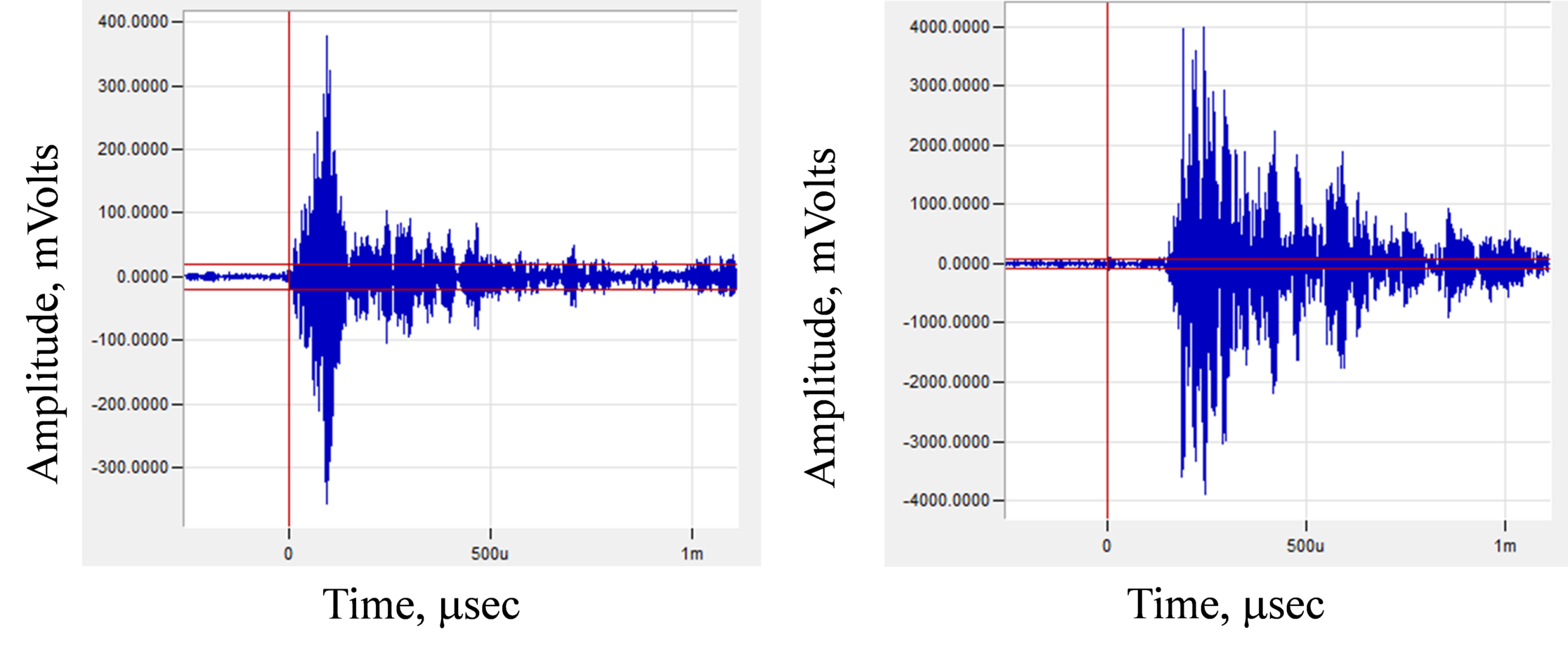
Acoustic Emission (AE)
Welcome to [NDT Inspection Portal]’s acoustic emission (AE) group, a place for professionals to... View more

Welcome to [NDT Inspection Portal]’s acoustic emission (AE) group, a place for professionals to... View more
Please confirm you want to block this member.
You will no longer be able to:
Please note: This action will also remove this member from your connections and send a report to the site admin. Please allow a few minutes for this process to complete.